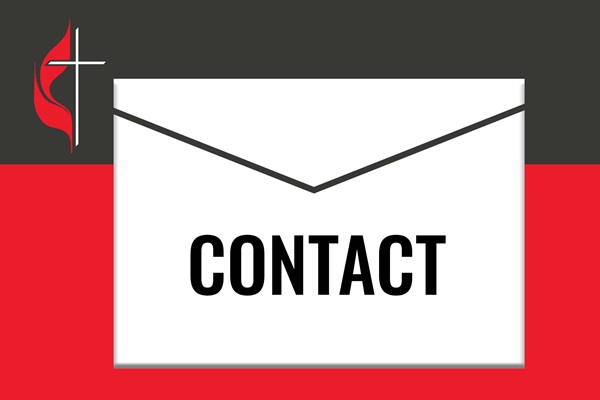Links to all articles in this series will be available on the series landing page as they are published.
The most frequent request we receive at Ask The UMC is for financial assistance of some kind. This may be for utilities, or rent, or food, or clothing, or a mortgage payment, or a hotel voucher, or medical bills, or car repairs, or car payments or a bus ticket.
The United Methodist Church has no denominational programs providing personal financial assistance for any of these issues.
So, whom should you call?
211
In nearly every case, your best first call will be to 211, using any phone local to your area code. 211 is a nationwide information and referral service, available 24/7, with operators able to respond in at least Spanish and English. In nearly every community in the United States, 211 will have the most comprehensive database of service providers and the services they provide, including services provided by local churches.
So, calling 211 will save you time. They can tell you all of the places that provide financial assistance for your particular need, and often their service hours, with a single call. Then you can focus your efforts on calling just those places to learn how they can help you.
As you start calling, keep these things in mind. Many helping organizations and churches are able to assist with housing and utility assistance. The key word is “assist.” They may not be able to pay your entire bill, especially if it is much over $200. So ask each what they can pay, and if your needs are greater than that, expect to contact several places to get the entirety of the assistance you need. Then, as you get assistance from each place, ask for and keep documentation of the assistance each provided. This will be helpful for your own records, and it will give you something to show other organizations and churches when they ask what others have given toward your need.
If you are facing the possibility of eviction or repossession of a vehicle you own, also ask 211 about legal assistance available in your area. Legal aid organizations can make sure you know all of your rights. They may also be able to help you delay eviction or repossession, giving you more time to find the resources you need. Both eviction and repossession can have an adverse effect on your credit ratings for years to come, making it more difficult to obtain credit, housing, or in some cases, even jobs. So be sure to ask about and use the legal services that may be available to you.
If you are homeless, 211 should always be your first call. 211 services in most communities are the point of entry to the Homeless Management Information System which connects you to all federal, state and local resources to get you into stable housing you can afford. 211 may ask whether you are “literally homeless,” and then ask several questions to verify whether that term applies. Generally speaking, if you are living outdoors, in a vehicle or in a motel for which a church or nonprofit organization is covering your stay, you are considered literally homeless, and so are eligible for these additional services.
Local congregations
After you have called 211 and checked with the community organizations and churches in their database, if you are still in need of additional assistance, that’s the time to start calling churches not listed by 211. You can find contact information for United Methodist congregations near you by using our Find-a-Church service. Enter your city and state or Zip Code, and Find-a-Church will return a list of churches in order of distance from that location.
When you click on an individual church profile in Find-a-Church, you will see in the upper right the average worship attendance. Generally, churches with an average attendance of 120 or larger are more likely to have someone available to answer phones on a regular basis, as well as resources to assist with what you may need.
Hospital/medical expenses
Medical bills may far exceed the capacity of local community organizations and churches to cover, especially if you have been hospitalized. Contact the hospital where you received your medical care and ask to speak to its social work department. Nearly all hospitals have social workers on staff to help patients and former patients find federal and state resources to help cover larger medical bills that insurance (if you have insurance) does not cover. Or, if you were not hospitalized, contact your primary care physician’s office to ask about how to get connected to a medical social worker who can assist you. A medical social worker may also be able to advocate for you to get the bill written down or written off entirely.
Things for which there is little or no direct help available
It is uncommon to find organizations or churches that will help with car repairs, car payments, car insurance payments, a donor car or bus tickets. Unless you are a member of certain military veterans’ organizations or part of a support group for people with certain specific medical diagnoses, almost no one is likely to assist you with these kinds of needs directly. For any of these requests, this article can help you think through a variety of options as you decide about your next steps: https://www.umc.org/en/content/ask-the-umc-how-to-find-help-for-car-repairs-car-payment-bus-tickets
Rev. Burton Edwards is lead for Ask The UMC, the information service of United Methodist Communications.





